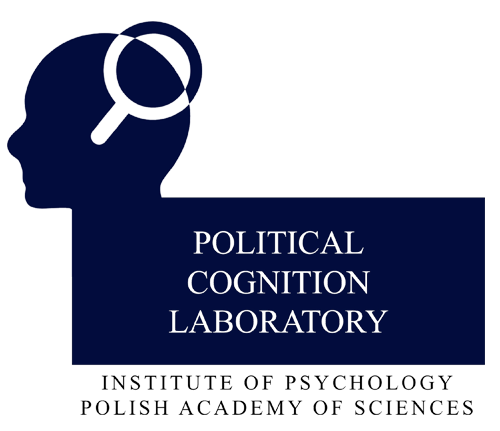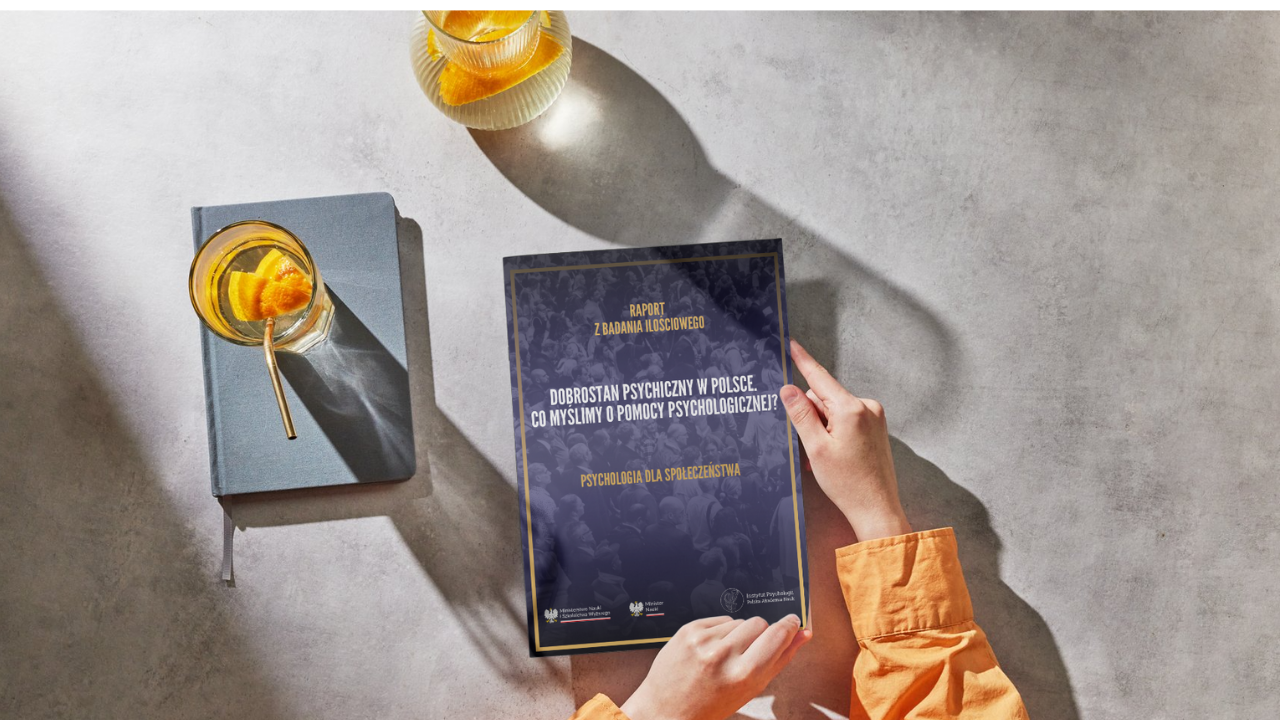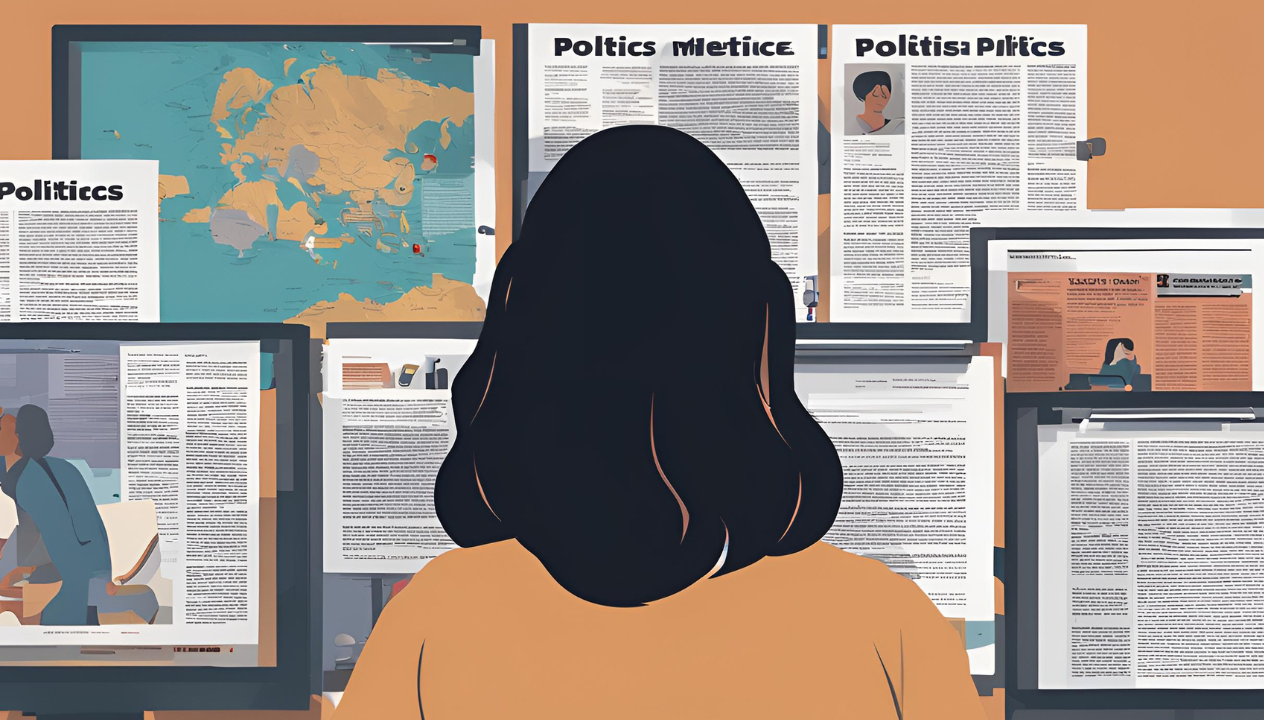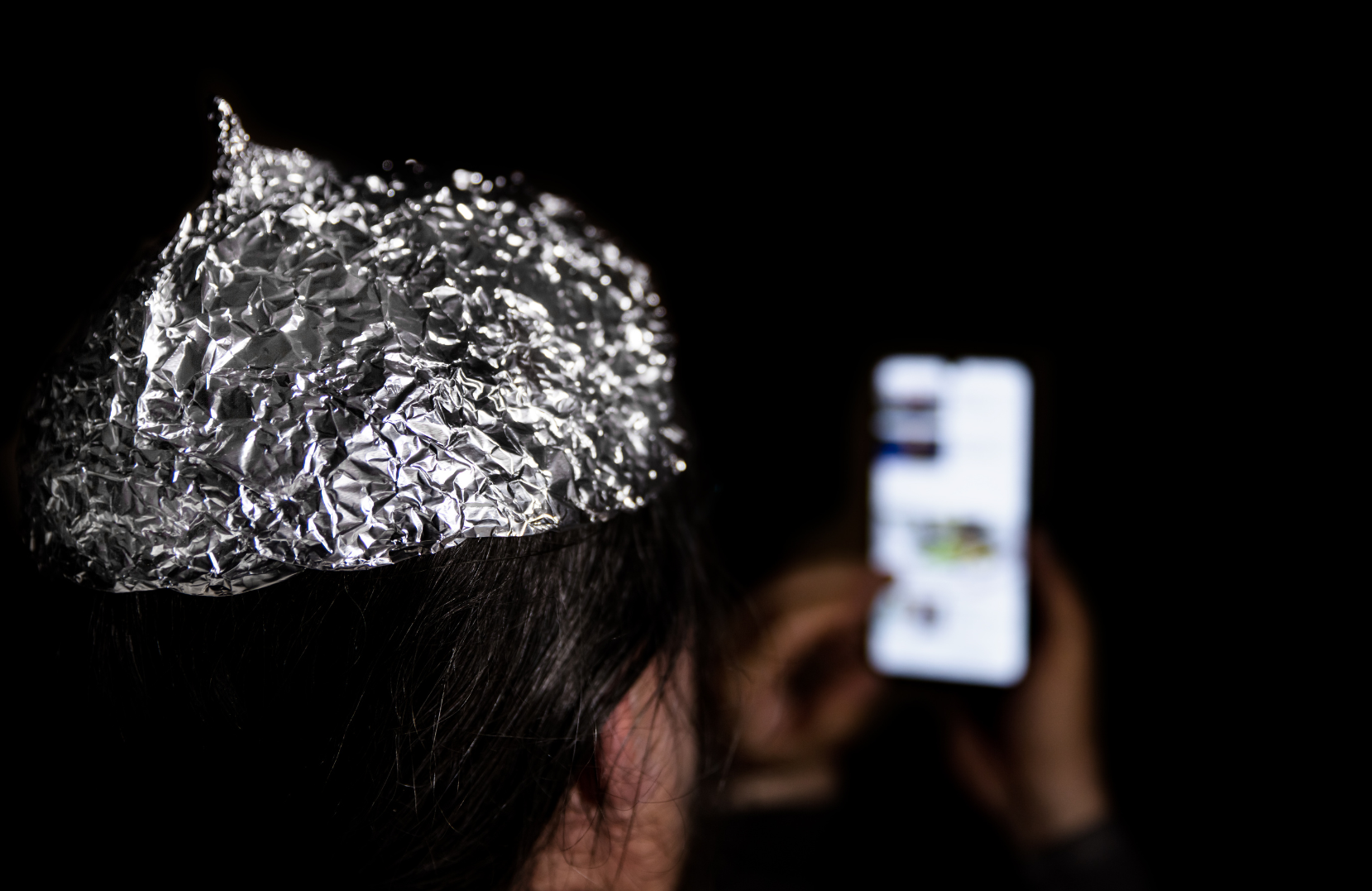In the newest article, authored by dr Oliwia Maciantowicz and collaborators from the Political Cognition Lab, published in The Journal of Social Psychology, we showed the results of research on the relationships between different forms of group envy and two types of identification with the Polish nation.
Benign in-group envy motivates us to achieve more and to keep up with those whom we are envious of. In turn, malicious envy is associated with depreciating those whom we are envious of.
Our research results show that national identification - an authentic feeling of joy from being Polish - is negatively associated with malicious envy towards other Polish people. In other words, individuals securely identified with their in-group are less likely to envy other ing-group members in a malicious way. On the other hand, national narcissism, that is feeling convinced about the in-group's exceptionality and seeking its recognition in the eyes of others, is associated both with benign, as well as malicious envy towards other members of our nation. This means that Poles with higher national narcissism are more likely to envy other Polish people both in a benign, as well as in a malicious way.
Moreover, results of the second study reported in the article show that national identification (not national narcissism) is not only negatively linked to malicious envy, but also positively linked to altruism towards other Polish people. This suggests that individuals with a more positive and stable national identity are more likely to exhibit empathy and readiness to help other members of their own nationl group. At the same time, they are less likely to envy others in a malicious way.
Our research provides valuable information on the relationships between different forms of group envy and national identity.
More details on this topic can be found in the article itself: More identified so less envious? On the links between different types of national identity and in-group envy









